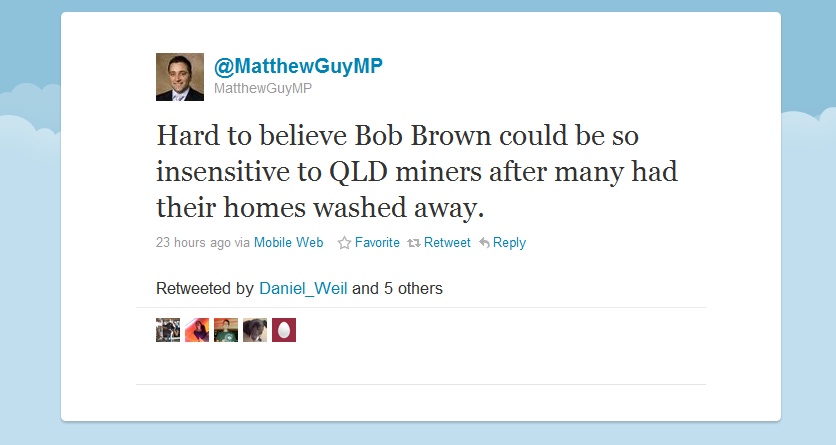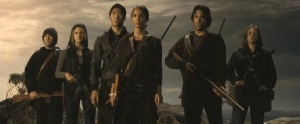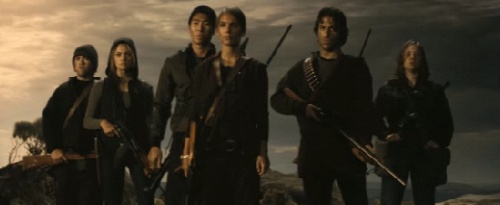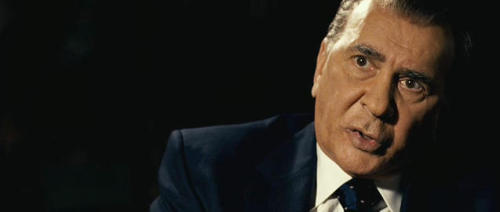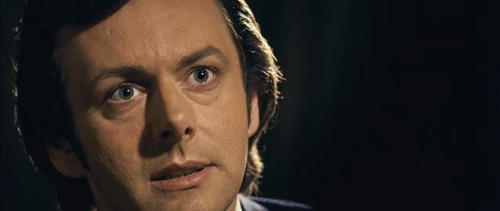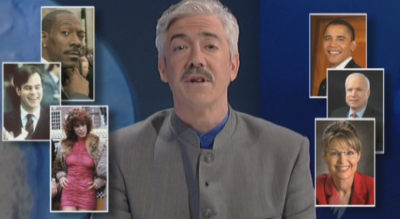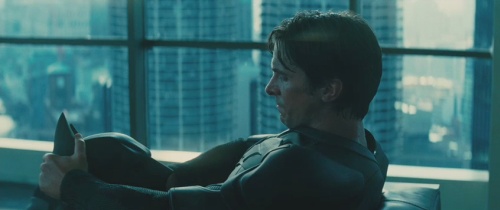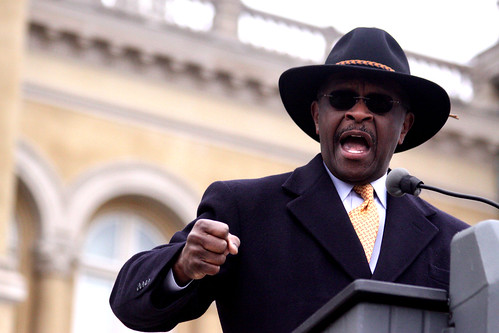
Herman Cain is long gone as a U.S. Presidential nominee (after giving a farewell speech quoting the Pokemon movie), but his memory lingers. And, crazily, I feel he has vindicated me.
A couple of years ago I wrote an article for Planning News which looked at the parallels between SimCity and actual policy-making, and what it might mean if people took the lessons of SimCity and applied them to actual situations. This article memorably caused me to be labelled a “drooling, mouth breathing moron” by a commenter over at The Age when one of their blogs mentioned the story. But was Herman Cain playing some SimCity when he formulated his policies?
I missed it at the time, but amongst in the coverage of this was this great article by Amanda Terkel at the Huffington Post. As Terkel points out – getting all the nerdy details impressively correct – Herman Cain’s infamous 999 tax plan echoes SimCity 4‘s tax structure. Cain had a 9% corporate tax, 9% personal income tax, and 9% sales tax; this echoed SimCity 4‘s approach of a 9%commercial tax, 9% residential tax, and 9% industrial tax. I might add that these are just the default rates for SimCity, which I guess makes SimCity’s tax model more complex than Cain’s.
